A recent pair of lawsuits filed by two relatively small firms target the core Apple's businesses — including general computer technology and the emblematic iPod scroll wheel.
British touch sensor chip maker Quantum Research Group says it filed a formal complaint against Apple in December 2005 over alleged patent infringements based on the iPod's scroll wheel. The suit had remained out of the public eye until Monday, when it was revealed that Apple vehemently denied "all material allegations" involving its interface and had filed a countersuit claiming the invalidity of the patent.
At the heart of the suit is a concern over the control mechanism at the basis of some of Apple's music players. Certain iPod models, including the first- and second-geneartion iPod nanos as well as the iPod with video, use Cypress programmable system-on-chip controllers that Quantum frontman Hal Philipp claims infringes on a patent his company holds for touch sensors. Earlier iPods that use wheels from Synaptics aren't affected, the executive was quick to say.
Philip was equally rapid in his attempts to dismiss notions that the patent was merely opportunistic, expressing hope that the iPhone didn't also contain his firm's technology (which is also present in touchscreens) and affection for his lawsuit's target. "I think Cypress’ PSoC is a fine chip and we are fans of Apple products," he told reporters. "Within hours of the iPhone announcement our phone began to ring. iPhone itself is going to drive specification in terms of capacitive touchscreens."
The lawsuit could still be resolved through an out of court settlement, but the Quantum chief fully expects the case to reach a trial in light of Apple's staunch opposition.
More recently, Apple was also served with a second but far less benign lawsuit by controller chip maker OPTi, which late last week revealed that it was suing the Cupertino company for patent infringement, claiming that Apple violated patents OPTi had been granted for "Predictive Snooping of Cache Memory for Master-Initiated Accesses."
Although seemingly complex, the patent has raised many eyebrows for its overly-broad relevance: the description covers a common technique of cutting overhead from data transfers between a computer's CPU and other components, effectively making just about any CPU or system builder the potential victim of OPTi's legal action.
Indeed, the press release for the lawsuit has suggested that the Mountain View-based controller chip designer is making as vast a claim as possible. OPTi argued that virtually every Mac sold infringes on the patent, describing the offenders in one fell swoop as "desktop and portable computers and servers." Apple has only been indirectly involved in the development of the chipsets in newer Macs, whose parts are largely Intel reference designs reshaped to match Apple's exotic designs.
OPTi has also developed a recent track record of dubious claims, say reports. The company filed a suit against processor maker AMD in the same Marshall, Texas court, claiming that it too was misusing predictive snooping. A third, earlier suit against an unnamed company was eventually settled out of court.
Neither the OPTi nor the Quantum cases are likely to reach their respective conclusions in the near future.
 Aidan Malley
Aidan Malley
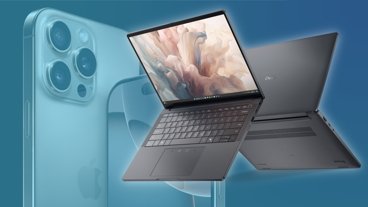
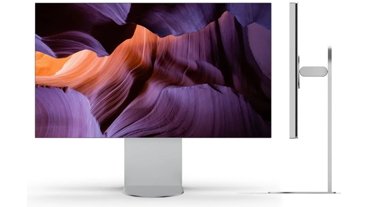

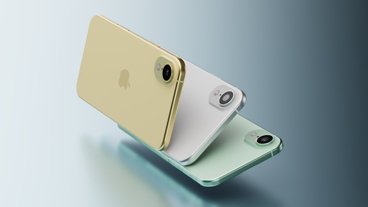
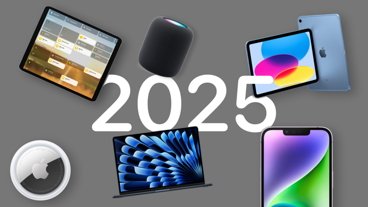
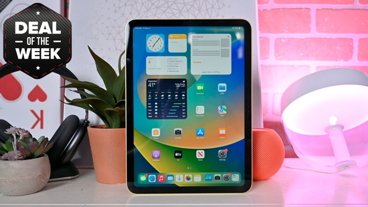
-m.jpg)





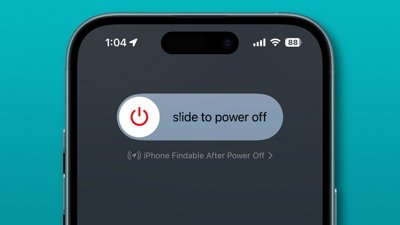
 Andrew Orr
Andrew Orr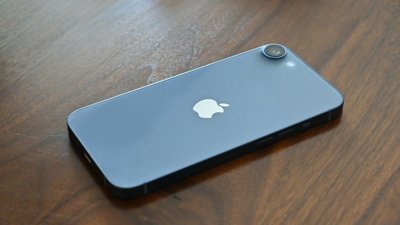
 Wesley Hilliard
Wesley Hilliard
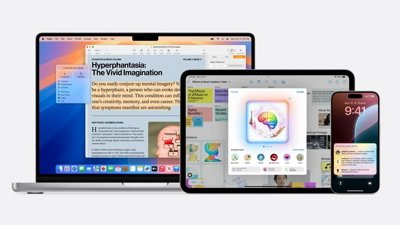
 Malcolm Owen
Malcolm Owen
 Christine McKee
Christine McKee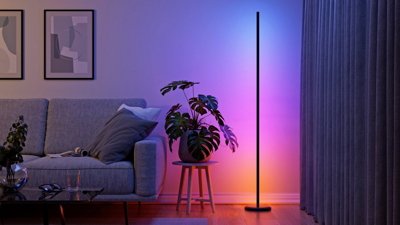
 Andrew O'Hara
Andrew O'Hara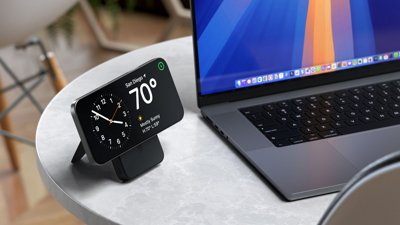
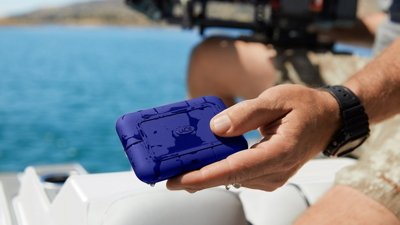
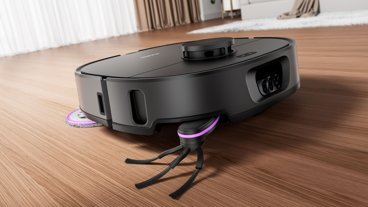
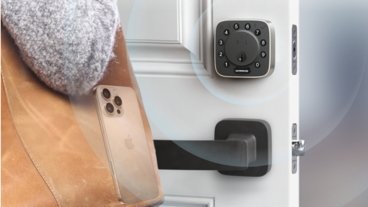








18 Comments
I just hope that the lawyers at Apple -- who have been less than impressive on a whole host of fronts, lately -- are up to the task. Such drive-by lawsuits seem to be getting worse and worse.....
Typical.
That's what happens when you're successful. Every two-bit lawyer smells money in the water and files suits for whatever they can think of.
Which is why big companies need to maintain massive patent portfolios. The only good way to fight these nuisances is to respond with a litany of patents that the other party is violating. Then the two parties come to some kind of cross-licensing agreement that amounts to "you drop your suit and I'll drop mine."
I have bad news for you guys. I just patented breathing.
You guys are screwed.
I have bad news for you guys. I just patented breathing.
You guys are screwed.
Son of....
Well, then I just patented the word "patented" and all the legal hooey that goes with it! So if you type it I want my credit!
I have noticed that Apple is really the target nowadays and if they even think about something new, a freaking law suit follows. Man, it must suck to be in the legal department of Apple.